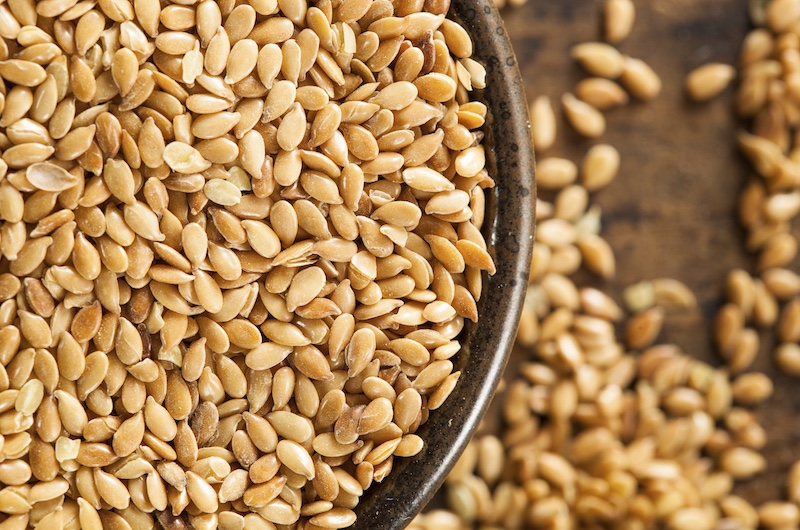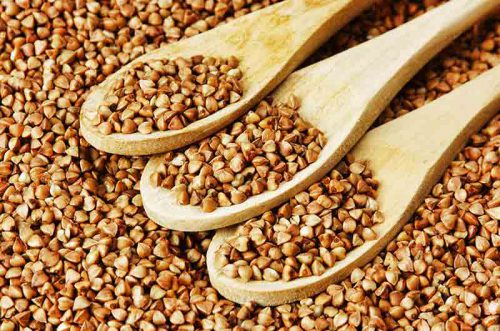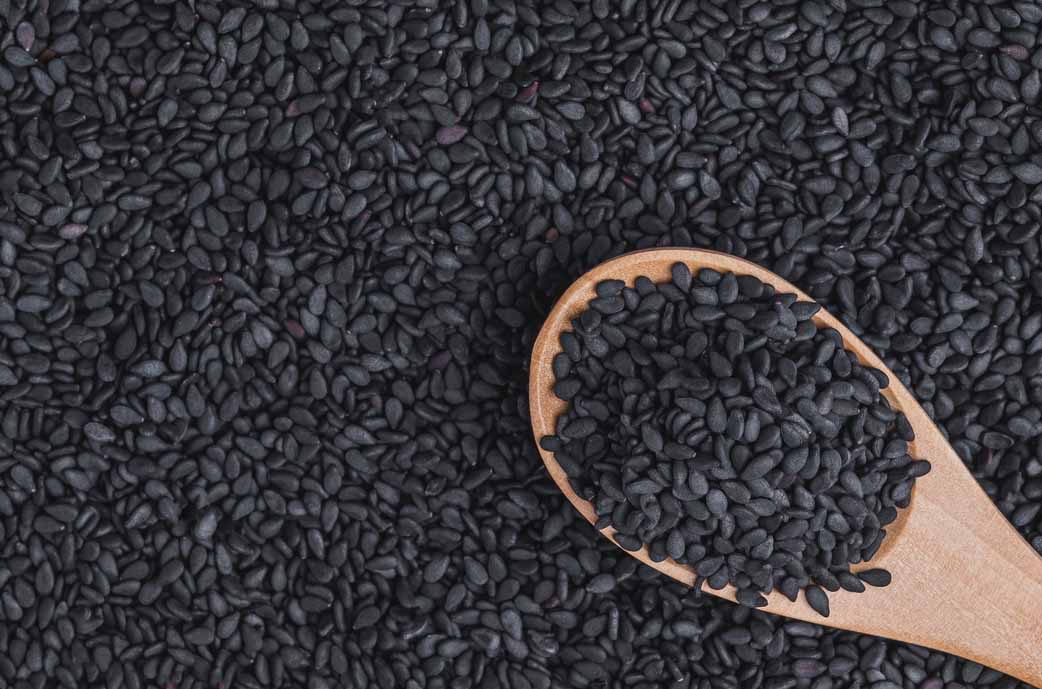Description
Botanical name: Linum usitatissimum. Also known as Linseed.
Flax is a plant that has been grown since the beginnings of civilization. The plant was originally native to the Mesopotamia (Mediterranean) region and has been used as a food for well over 5,000 years. Flaxseeds are similarly shaped to sesame seeds but slightly larger.
They comprise a hard, smooth shell and their colour extends from a deep golden to reddish brown depending upon whether the flax is of the Golden or Brown variant. Flaxseed has an earthy flavour with a subtle nutty edge.
While whole flaxseeds impart a soft crunch when chewed, they are usually not consumed whole but rather ground or, as a post oil extraction powder. This allows for the enhancement of their nutrient absorption, as whole seeds can quite often not be broken when chewed and thus pass through the digestive system, untouched. As far back as 650 B.C, Hippocrates wrote about using flax for the relief of abdominal pains.
Health & Nutrition
Flaxseeds are an excellent source of the omega-3 essential fatty acid know as alpha-linolenic acid (ALA), which is key to fighting inflammation. Approximately 50% percent of the fats in flaxseed are ALA. They also contain Phytochemicals, including many powerful antioxidants such as lignans. Flaxseed is one of the best sources of lignans. As well as a range of vitamins and minerals (B vitamins, phosphorous, iron, magnesium and copper), flaxseeds also contain high levels of both soluble and non-soluble fiber.
The major health benefits of flaxseeds are derived from the essential alpha-linolenic acid (ALA), lignan content and their mucilage (a water soluble fiber that forms a gel which supports the effective functioning of the digestive tract)
-
- These high levels of alpha-linolenic acid (Omega 3) and lignans have been shown to be helpful to the cardiovascular system, through the prevention of inflammation which in turn protects the damaging of blood vessels. The bloodstream also benefits from a reduction of oxidative stress in the blood vessels and decreased lipid peroxidation. The high levels of Omega 3 (ALA) have also been shown to help manage blood pressure in consumers suffering from hypertension. An increase in the desired ratio of HDL:LDL has also been found post flaxseed consumption.
- The issue of oxidative stress and inflammation is something that affects all organs within the body. Therefore with the intake of flaxseed Omega 3 and lignans, we reduce the risk of both oxidation and inflammation, which in turn reduces the potential for other metabolic risk factors and diseases like diabetes and obesity.
- The antioxidant and anti-inflammatory benefits of flaxseeds also make them a powerful support mechanism in minimising certain cancers.
- The mucilage content within flax is beneficial in controlling the movement of digested food through our digestive system and in so doing helps maintain the guts’ ability to absorb micro nutrients.
![]()





Reviews
There are no reviews yet.